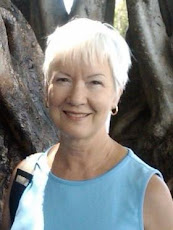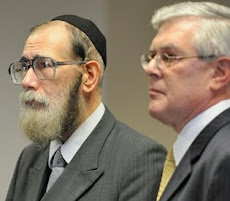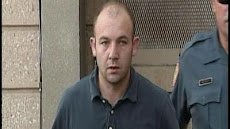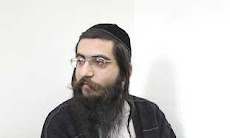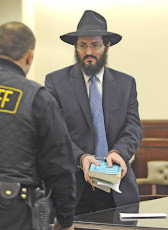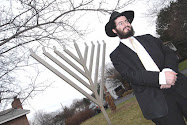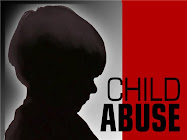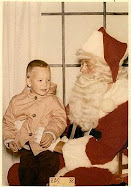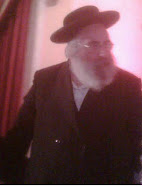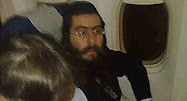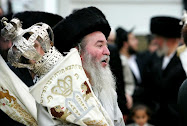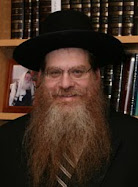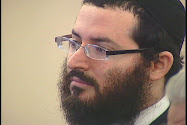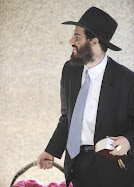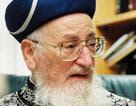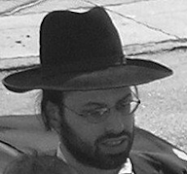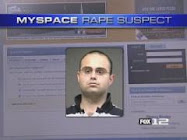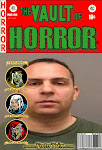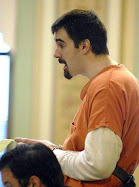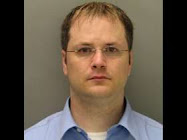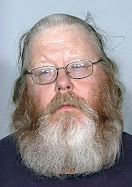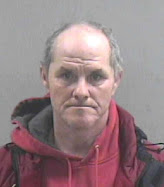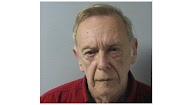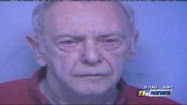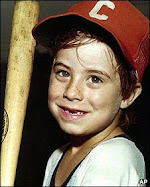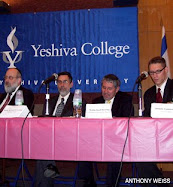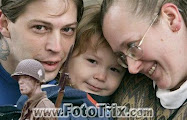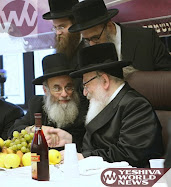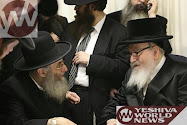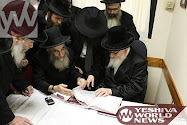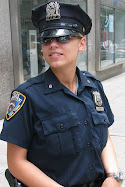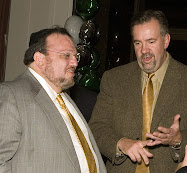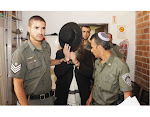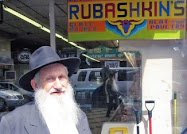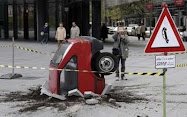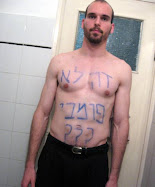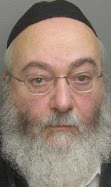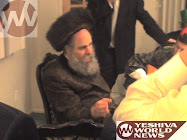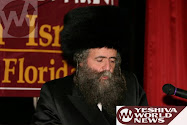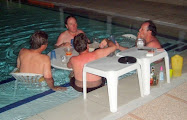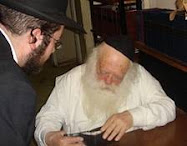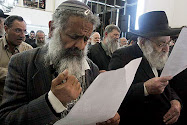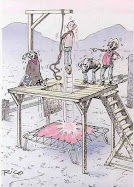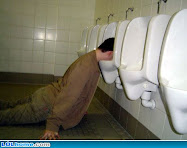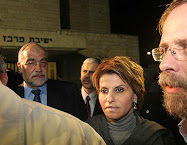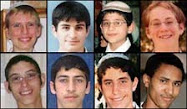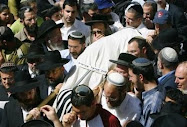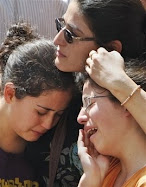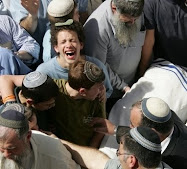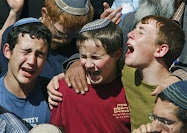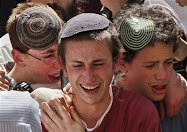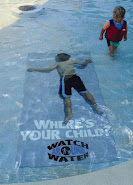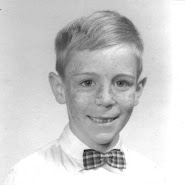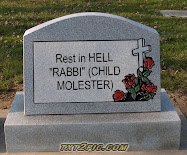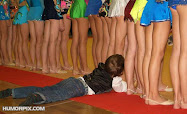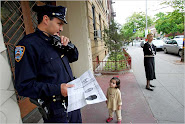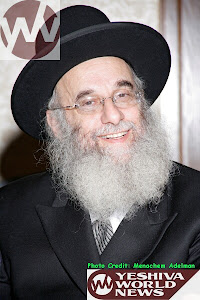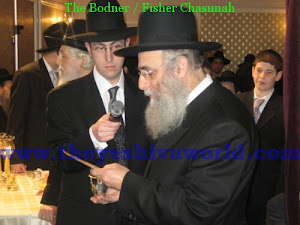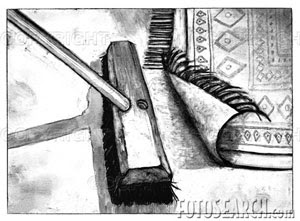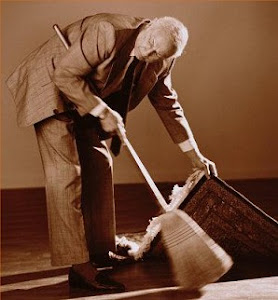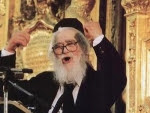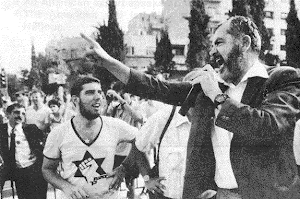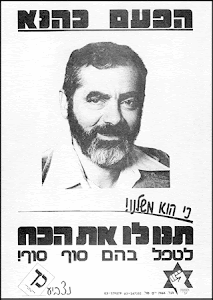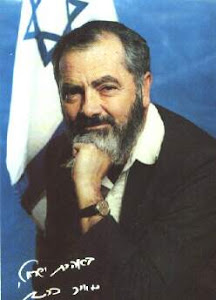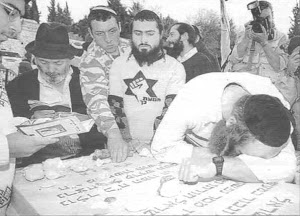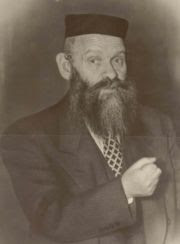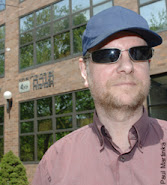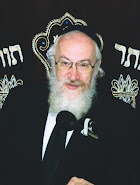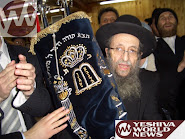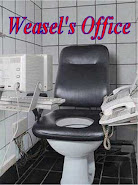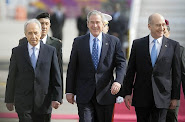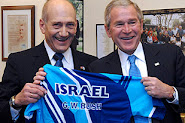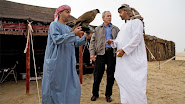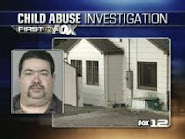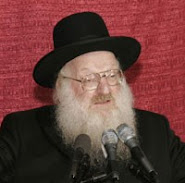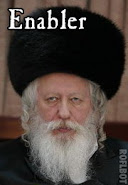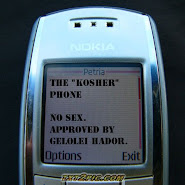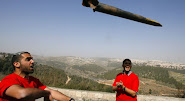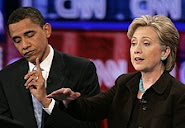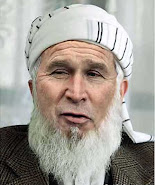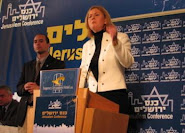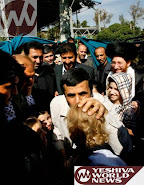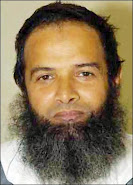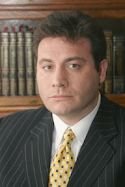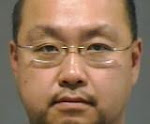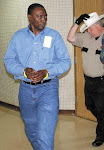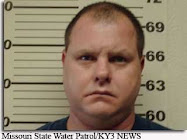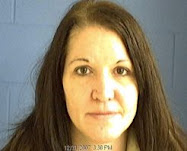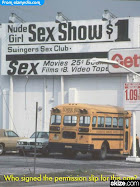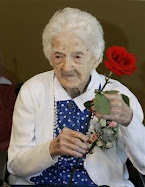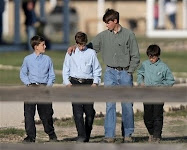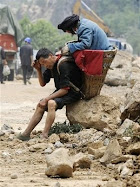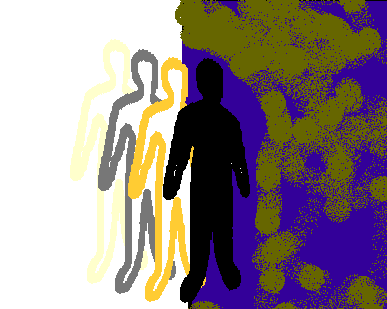
http://www.5tjt.com/news/read.asp?Id=3889
Hikind To Host Morning Of Chizuk For Victims Of Abuse
On Sunday, March 1, New York State Assemblyman Dov Hikind of Brooklyn is scheduled to host a community-wide event entitled “A Morning of Chizuk” to show solidarity with victims of sexual abuse in the Orthodox Jewish community and to provide information to concerned citizens. The program includes inspirational speeches and the recitation of Tehillim.
Addressing the audience will be Dr. Benzion Twerski; Rabbi Gershon Tannenbaum, director of Iggud HaRabbanim; Shmelke Klein of Eitzah; and Rabbi Yerachmiel Milstein, executive vice-president of Project Chazon, among others. “We are all guilty of not doing more to address sexual abuse in our community,” Hikind said. “The time has come to ask forgiveness from the victims and to pray for continued strength from G-d to combat this issue. I urge the community to join in this unprecedented event.” A Morning of Chizuk will be held at the Boro Park Y, 4912 14th Avenue, at 11:00 a.m. Separate seating for men and women will be available.
In furtherance of Hikind’s mission to educate the public about sexual abuse in the Orthodox community, Hikind is dedicating two radio shows, on February 21 and 28, to interviewing sex-abuse victims from the Orthodox Jewish community. During the course of the shows, Hikind intends to announce that the multifaceted plan created by his task force to tackle sexual abuse is nearing completion. “We are putting the final touches on our plan to implement education, prevention, and intervention systems in homes, schools, camps, and the general community,” remarked Hikind. “Education and awareness are the only way to protect our children from predators.”
Hikind invites listeners to share their opinions by calling 718-436-1700. The Dov Hikind Show airs Saturday nights at 11:00 p.m. on WMCA 570 AM.
Published on 26/02/2009
=============================================================
http://www.nydailynews.com/ny_local/brooklyn/2009/02/28/2009-02-28_abuse_comes_to_light_hasidim_silence_on_-1.html
Abuse comes to light: Hasidim silence on perverts cracking
Saturday, February 28th 2009, 10:13 PM
Just before last Thanksgiving, a 13-year-old Brooklyn girl told her parents she had been molested. They didn't go to police.
Her dad went straight to their rabbi.
The religious leader told him to go to another rabbi for guidance. The frantic couple spoke to two more rabbis before taking their advice: Talk to cops.
"I wanted to find the right way to go about this without traumatizing my daughter any further," the 32-year-old mom told the Daily News.
"I knew if I called the police, they would ask us to come down to the precinct. It would become public knowledge and my daughter would have to retell the story over and over again."
The family met privately with a detective and a prosecutor, and authorities charged a 59-year-old neighbor, Arye Ickovits, with sexually abusing the young teen after luring her into his bedroom.
As crimes go, the Dec. 3 arrest was so run-of-the mill, it barely made headlines. But until recently, it might not have happened at all.
Sexual abuse in New York's Hasidic community was almost never reported to police for fear of shaming the victim and exposing the insular world's less savory elements.
Advocates say that wall of silence is starting to crumble.
"They are coming to terms, standing up and saying, 'No more sweeping the abuse under the rug; no more denial. We need to deal with it, to face it, and to protect our children,'" said Assemblyman Dov Hikind (D-Brooklyn).
Since October, at least four men living in Brooklyn's Hasidic enclaves have been charged with sexually abusing children, ranging in age from 7 to 15.
"In the past few months, communication between the community and law enforcement has improved, there is more sharing of information," said a law enforcement source who works with the Brooklyn Jewish community.
One of Orthodox Judaism's biggest political champions, Hikind is hosting a forum today where mental health experts and rabbinical leaders will openly address the problem.
The purpose is "to say to victims of sexual abuse, 'We are sorry we didn't see your pain,'" Hikind said.
Even with recent progress, investigators say it is tough to navigate the closed culture.
Just as the "stop snitching" mantra hides crimes in the hip-hop world, a similar code of silence keeps Hasidic families from talking to cops.
They fear being branded a moser - a violator of religious law that forbids Jews from informing on each other.
"If the family goes to the police, the family is worried that they can't send their kids to yeshivas, they worry that they can't marry off their daughters, they worry that they will be known as traitors," said one police source.
"The only way to stop it, is to stop people that offend, and that is to go through the criminal justice system," the source said.
During a recent interview with The News, Ickovits said he asked the teen to help him up the stairs of his home, where he did nothing wrong.
"She helped me. She came in, and I told her goodbye and she ran away," said Ickovits, who uses a walker. "She gave me a kiss and I gave her a kiss and she ran home."
Ickovits also said he handed the girl cash in exchange for helping him up the stairs.
Some in the community have said it was cruel to lock up Ickovits, a stroke survivor in frail health, but the victim's mom has ignored them.
"Everybody has a responsibility to come forward and speak up when they know that a child is being hurt," the mother said.
=============================================================
http://www.npr.org/templates/story/story.php?storyId=101280775Brooklyn Hasidic Community Grapples With Scandal
Joel Engelman, 23, says he was abused by a rabbi when he was 8.
Read The Coverage
Last month, NPR told the stories of two men who allege they were sexually abused as boys.
Weekend Edition Sunday, March 1, 2009 · A month after allegations of child sexual abuse surfaced in the mainstream press, the Hasidic community in Brooklyn, N.Y., is taking cautious steps to confront the scandal. Meanwhile, outsiders are tackling the issue head on.
On Sunday, state Assemblyman Dov Hikind plans to host a community-wide "morning of chizuk" (support) for the alleged victims of abuse. Hikind, an Orthodox Jew who is largely responsible for bringing public attention to the scandal, has recruited rabbis and community leaders to speak at the event, which takes place in Boro Park, the center of the Hasidic district he represents. Some community members believe the gesture is merely symbolic, but Hikind calls the event "unprecedented."
"No one has touched this subject before," he says. "We're telling the victims we're sorry we didn't see your pain before, and we're turning the corner."
Another development is potentially much more powerful. The New York State Assembly recently introduced a bill to increase the age by which a person must bring a criminal or civil complaint to 28 from 23. In addition, the House is proposing that for one year, anyone can bring a complaint, no matter how long ago the alleged abuse occurred. The House has passed this legislation several years in a row, but it always died in the state Senate. This year, however, several new state senators have pledged to support the bill, and victims groups are optimistic that the law will be changed.
Inside the community, the talk has taken more muted tones. Pearl Engelman, mother of one of the alleged victims, Joel Engelman, says "everyone" in her community heard the NPR story because it was posted on the community's most popular blog. The story drew a huge nu0mber of online responses, she said, "more than anything else I can remember."
"Many people said they knew people personally who had been abuse," she said, "and some said they were themselves victims."
This story has received attention by the local Jewish press, notably The Jewish Week. But even with the publicity generated by NPR's coverage, Engelman says, there's been a "deafening silence." Her neighbors have avoided the subject with her, she says, largely because people in this Hasidic community do not confront Jewish leaders, because they depend on them to educate and later arrange marriages for their children.
"It's unusual to come forward," she says. "It's unusual to be outspoken about issues, especially a subject that's been swept under the rug like this. And [it] hasn't only been swept under the rug, but there are many people standing on the rug."
Engelman notes that this silence is a recipe for enabling the abuse to continue, but she believes her son's case may have created a small fissure in the dam.
Since the NPR story aired, a new victims' group, Survivors for Justice, met and welcomed several new people. According to people at the meeting, one young man said he had witnessed a child being molested in a mikvah, a bathhouse, a few years ago. A detective from the Brooklyn sex crimes unit was in attendance, and, one source says, she is investigating that case and several others that have come through the group's tip line.
A couple of other people have come forward anonymously to say they had problems with Rabbi Avrohom Reichman, the school teacher accused of abusing Joel Engelman. Reichman is still teaching, and school officials refuse to discuss the case because of an ongoing lawsuit.
Asked what it will take to change the school system, Pearl Engelman responds, "Exactly what we're doing now — bringing awareness and attention to the situation, and making schools uncomfortable with covering up with these criminals. Uncomfortable because they now have a fear there will be others like Joel."













































